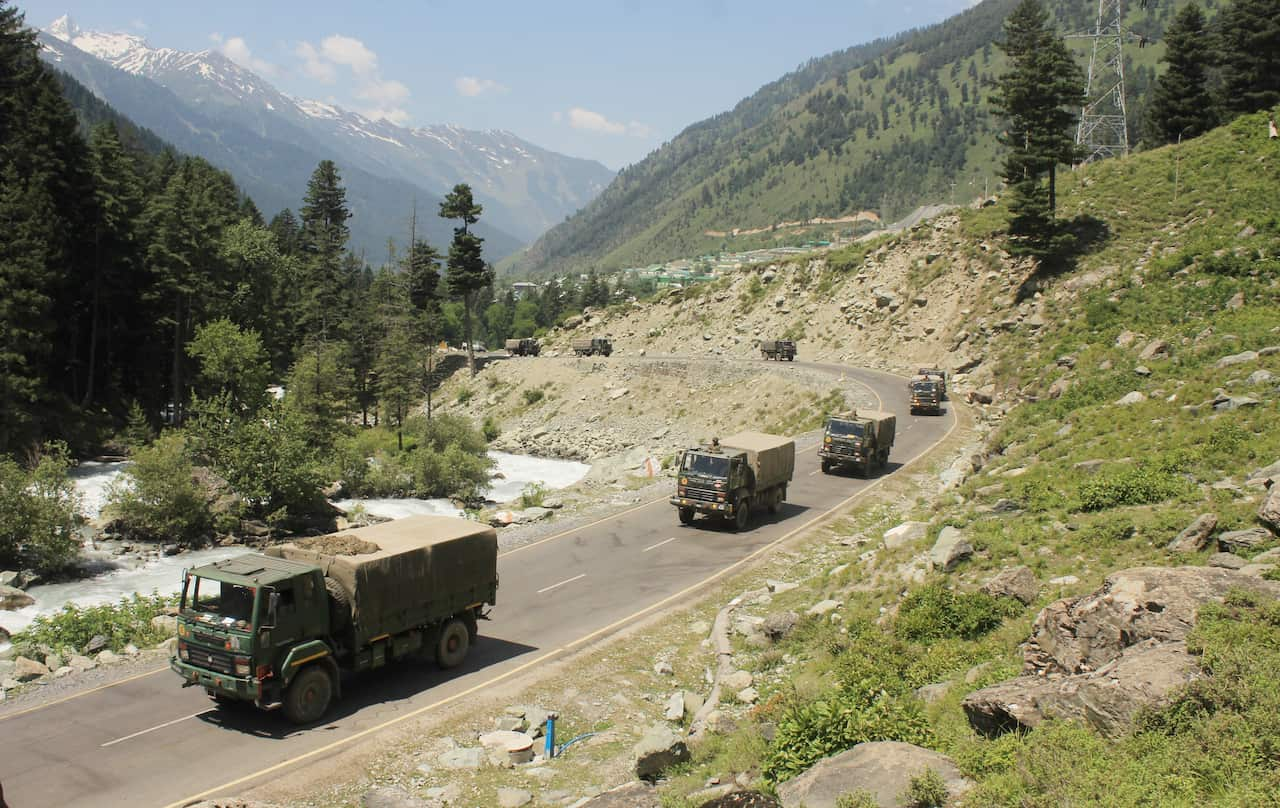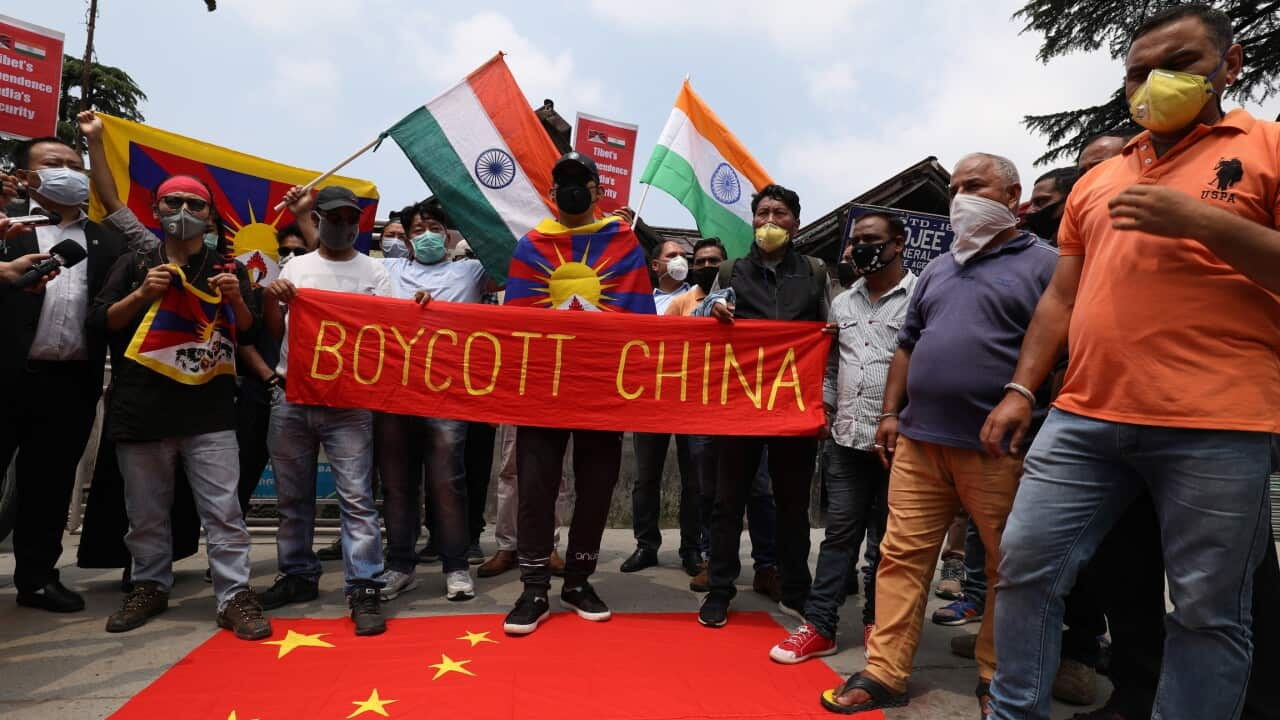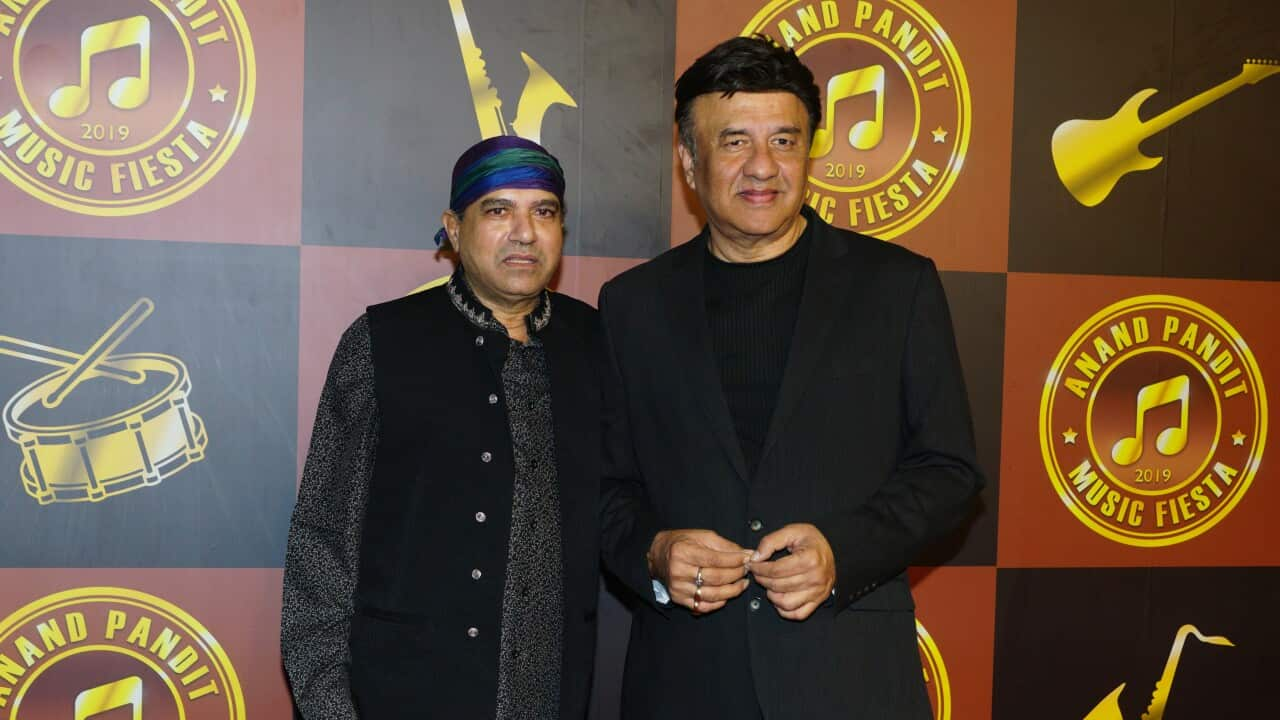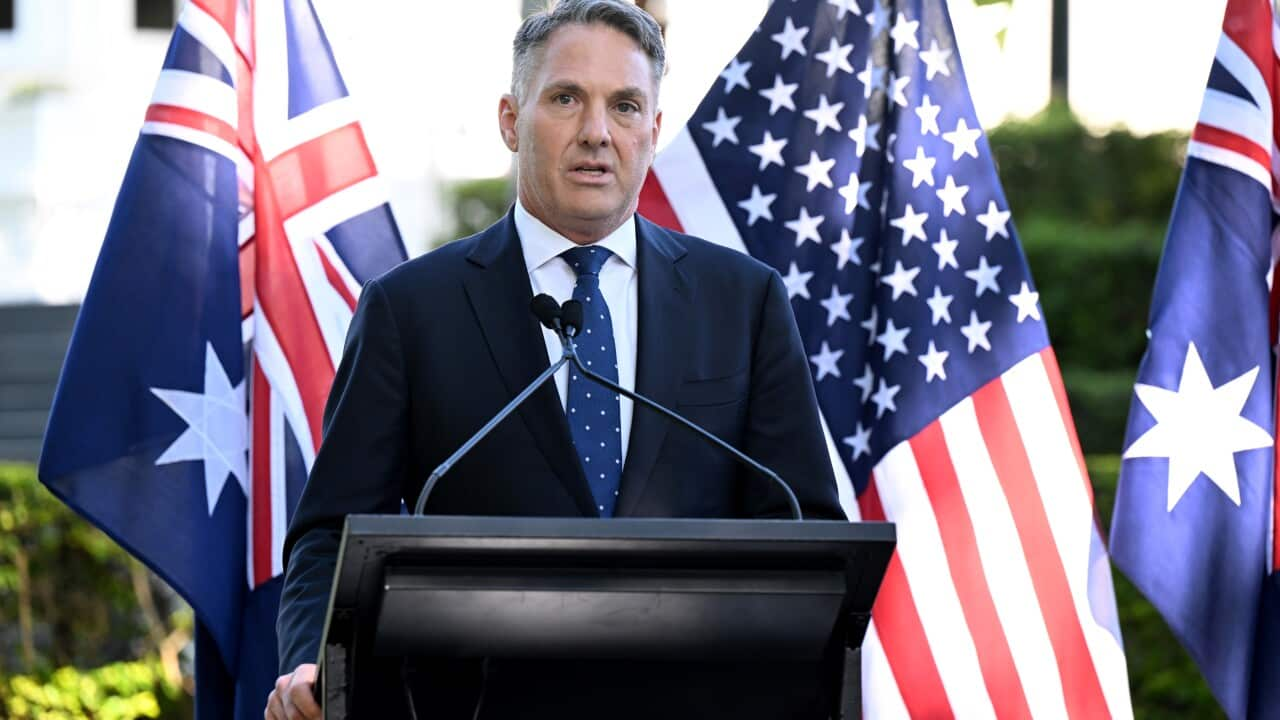Twenty Indian soldiers were killed in clashes with Chinese troops at a disputed border site in the western Himalayas earlier last week - in the first deadly confrontation between the two Asian giants since 1975. The two sides blamed eachother for the high altitude skirmish, with Indian Prime Minister Narendra Modi warning that the army had been given free reign to respond to any new violence.
Highlights:
- India and China blamed each other for a deadly clash between armed forces in Ladakh.
- Australia and India have come closer in recent years.
- Australia blames China for recent cyberattacks on its institutions.
When India is facing a challenge from its militarily mightier neighbour China, diplomatic support from allies around the world is one of its limited options.
Australia signed a Comprehensive Strategic Partnership agreement with India earlier this month bringing the relationship to a new level. Hence, an obvious question is how Australia should react in the situation when its relations with China are arguably at the lowest level in decades?
Dr David Brewster, a Senior Research Fellow with the National Security College, Australian National University where he works on the Indian Ocean and Indo Pacific maritime security, says Australia should openly support India against China. He says Australia needs to see the conflict in the Himalayas as part of a more broad and comprehensive strategy of China in the post COVID era.
He says Australia needs to see the conflict in the Himalayas as part of a more broad and comprehensive strategy of China in the post COVID era.

Dr David Brewster is a Senior Research Fellow with the National Security College, Australian National University. Source: Supplied
Listen to the full interview with Dr David Brewster:
LISTEN TO

Australia has to step up on the issue of India and China, says analyst
SBS Hindi
24/06/202009:07
"It (China) is pursuing very assertive strategic behaviour right across the Indo-Pacific that includes not only actions in the Himalayan border with India but also in the South China Sea, South East Asian countries, in the East China Sea with Japan - and of course the more recent behaviour towards Australia which includes trade sanctions and alleged cyberattacks against Australian institutions." But, India has limited options against China, according to Dr Pradeep Taneja who lectures in Chinese politics, political economy and international relations at the University of Melbourne.
But, India has limited options against China, according to Dr Pradeep Taneja who lectures in Chinese politics, political economy and international relations at the University of Melbourne.

Naib Subedar Mandeep Singh was among the twenty Indian army personnel martyred in the clash with Chinese troops in Ladakhs Galwan valley. Source: Bharat Bhushan/Hindustan Times/Sipa USA
"China is more powerful than India. Both are nuclear powers, so war is not an option. India should seek international support on the matter," he told SBS Hindi. India could expect support from Australia as the two countries have not only signed several strategic agreements recently but have been collaborating on defence and security fronts.
India could expect support from Australia as the two countries have not only signed several strategic agreements recently but have been collaborating on defence and security fronts.

Dr Pradeep Taneja Source: Supplied
Dr Brewster says supporting India at this juncture should be a part of Australia's broader strategy.
Whatever response Australia makes in connection with the Himalayas has to be seen as part of that broader issue.
"I think Australia has to step up on the issue. In past decades Australia has largely avoided taking a very clear stand on the conflict, and that's consistent with Australia's general approach of not, as far as possible, becoming too closely involved in territorial disputes between other countries," explains Dr Brewster, whose recent edited volume India and China at Sea: Competition for Naval Dominance in the Indian Ocean addresses Indian and Chinese perspectives about their roles in the Indian Ocean and their evolving naval strategies towards each other.
Listen to the interview with Dr Pradeep Taneja:
LISTEN TO

Indo-China face-off: 'India's options are limited' says expert
SBS Hindi
18/06/202008:42
"However, I think that the dispute in the conflict between India and China has reached a level in which Australia has to take a clearer response; a response which provides greater support for our Indian partners against assertive Chinese behaviour." However, many say that it is not the right time to poke the irked dragon in the eye when Australia-China relations are strained.
However, many say that it is not the right time to poke the irked dragon in the eye when Australia-China relations are strained.

An Indian army convoy moved along the Srinagar-Ladakh highway on Thursday, following deadly clashes along the disputed border with china. Source: Sajad Hameed/Pacific Press/Sipa USA
Dr Brewster opines that there is never going to be the right time to stand up to China.
"We could, for example, look away and try and make ourselves a small target so that China doesn't notice us, but I think that would be the wrong strategy for Australia," he said.









